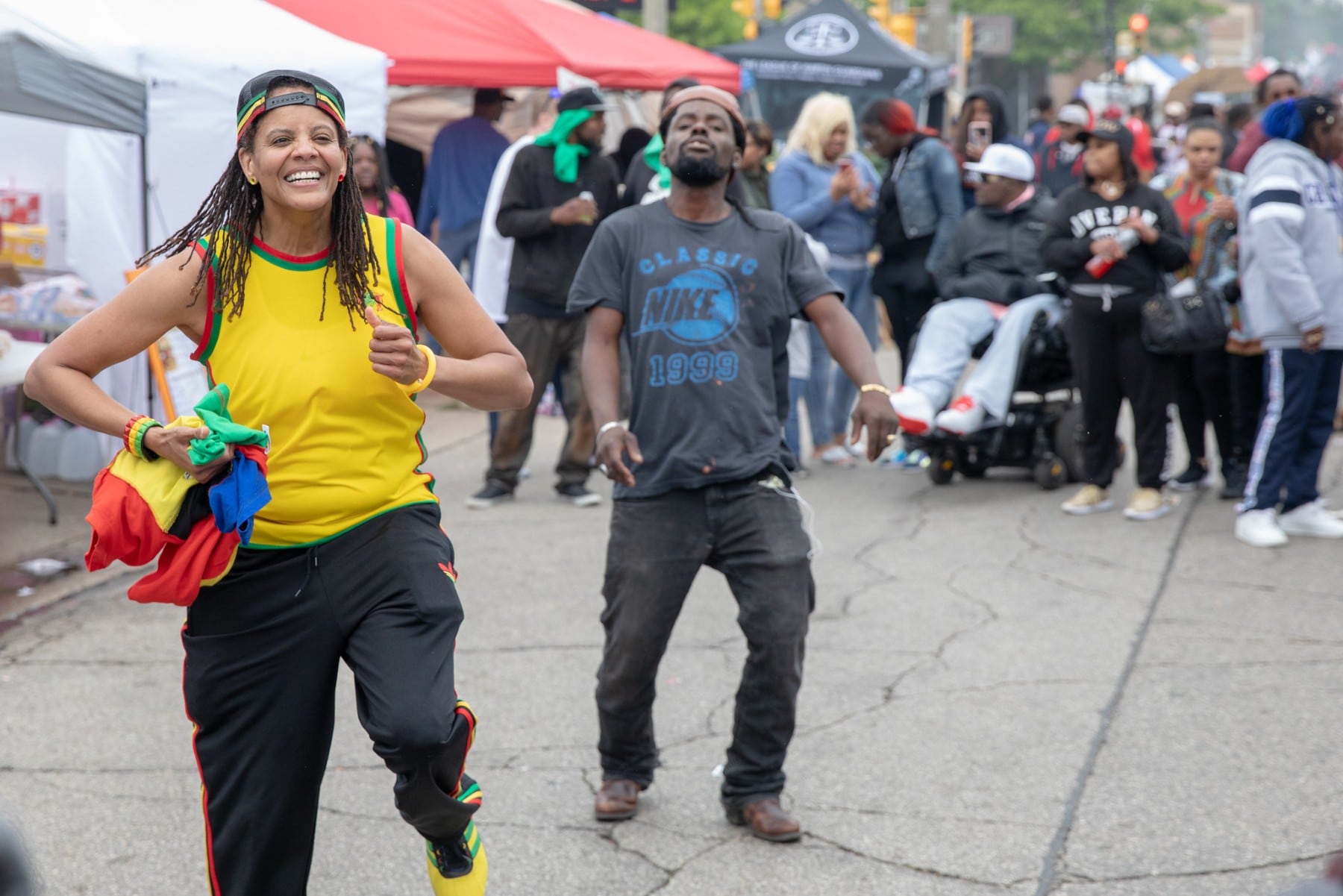This year, Juneteenth is taking its rightful place as a more meaningful celebration of freedom than July 4 ever could be. It’s a day for rest, celebration, webinars and parties alike devoted to Black freedom, and, I hope, pleasure. Included in that pleasure should be a freedom to use drugs in whichever way we desire—something that has been denied to Black people in this country for its entire history.
For some, pleasure may be difficult to imagine right now. Reflecting on this year’s Juneteenth memorials, I’ve asked myself: Have you felt pleasure in the last three months?
The renewed chants of “I can’t breathe”—perfectly encapsulating two pandemics that steal the life-force of Black people—rang on my block.
I’ve certainly felt moments of hope. In the last two weeks, amidst pain and anger, I’ve felt excitement for a future I thought was only possible in my wildest dreams, where violent state forces and the institutions such as the drug war that empower them are abolished. And hope that in their wake, we are able to replace them with systems of community care and understanding, strengthened by the reallocated resources.
But pleasure? Like many Black Americans, who have been disproportionately struck by COVID, I’ve been sick for over three months. Just as I was beginning to reckon with the pain of not being able to comfortably breathe for so long, and with the collective loss of so many people the world over, the never-healed wounds of police violence were ripped open yet again. The renewed chants of “I can’t breathe”—perfectly encapsulating two pandemics that steal the life-force of Black people—rang on my block, as the protests I couldn’t physically join marched past my window, with the helicopters of the police state ever-buzzing above.
I am lucky. I still have a job. I was never hospitalized, and though my breathing is labored it never needed to be augmented by a ventilator. And I have countless other privileges that have kept me safe and alive through these crises.
Fittingly, Juneteenth does not actually mark the end of US slavery (which was effective January 1863), but commemorates an event two years later: Union soldiers arriving in Galveston, Texas on June 19, 1865 to free 250,000 people who remained enslaved across that state.
According to the account on Juneteenth.com, a comprehensive history of the celebration, reactions to the news “ranged from pure shock to profound jubilation.” Just imagine, for a moment, that feeling of pleasure and joy so righteous and encompassing at the end of one’s enslavement—followed by the shattering realization that freedom from bondage has been denied you for an extra two years.
Pleasure, delayed.
Juneteenth celebrations began immediately on that day in Texas, and continued, on-and-off, for years. As Black life in America continued to be characterized not by the freedom promised in January of 1863, but by bondage in other names, celebrations were muted—and often not possible unless June 19 fell on a weekend, and a Black landowner in the community was able to offer space for the celebration.
It is difficult to track the history of drug use, including alcohol and tobacco, in Black communities without finding intense stigma. So we can’t say for certain, but I so hope that drugs were present in those early ceremonies, to heighten the exquisite pleasure of the moment, and to facilitate connection and conversation, dancing, and whatever mischief was safe for all involved.
How can we center Black joy and pleasure, and give room to our people who seek pleasure with drugs?
Black people deserve pleasure, and one undeniable mode of pleasure is using drugs. So often, even with advocates such as myself, discussions of drugs are inextricably linked to pain, or suffering, or trauma. But now, we are reaching to the furthest points in our imagination, shifting our realities in real time, and we must also begin to allow each other the pleasure of drug use without stigma.
Pleasure for pleasure’s sake can only be possible when we remove those barriers that keep drug use from being a pleasurable experience—criminalization, underground supply chains that taint the drugs we use with substances we’re not prepared to ingest, unequal access to healthcare, and stigma that pairs shame with our pursuit of pleasure—all the legacy of our prohibition-based drug laws.
As we gather together in both physical and virtual space, and radically reimagine the world we are building, how can we center Black joy and pleasure, and give room to our people who seek pleasure with drugs? How can we celebrate that pleasure-seeking, and in celebrating with each other, keep ourselves safe from harm? What is possible when euphoria is not accompanied by a fear of backlash?
Today, my pleasure comes not from drug use (unfortunately, my lungs are not quite up to my drug of choice), but from writing into being my hope for the future. This Juneteenth, whether you’re enjoying a drink, sipping some tea, taking a hit, or doing a bump, I hope you have a joyful, pleasure-filled day in whatever way feels best for you.
And on June 22, after giving ourselves the whole weekend, let’s come together and abolish stigma and shame for drug use and create a world safe for pleasure-seeking Black folks.
Photograph of 2019 Juneteenth celebration by Milwaukee VA Medical Center via Flickr/Public Domain.
The author’s employer, the Drug Policy Alliance, has previously provided a restricted grant to The Influence Foundation, which operates Filter, to support a Drug War Journalism Diversity Fellowship.





Show Comments